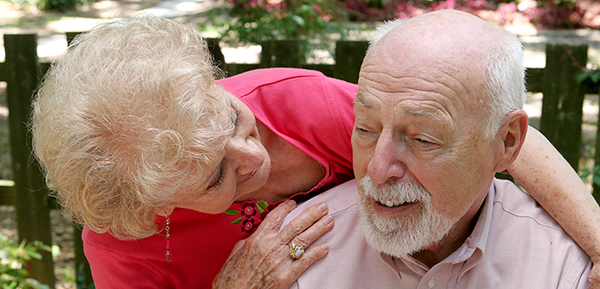Loading...
Found 36 stroke trials
A listing of stroke medical research trials actively recruiting patient volunteers. Search for closest city to find more detailed information on a research study in your area.
Vessel Wall Enhancement in Giant Cell Arteritis
99 years and younger
All genders
The research study is being conducted to determine the utility of magnetic resonance imaging (MRI) in identifying inflammation of arteries supplying blood to the head, brain, and eyes, which may be useful in the diagnosis, prognosis, and treatment of giant cell arteritis (GCA; temporal arteritis). Study participants are eligible if …
The STandard versus ImAging SuBstrate Aided Ablation in Severe Left VEntricular Dysfunction VT
99 years and younger
All genders
Phase 3
PURPOSE: The overall purpose of the study is to assess the procedural safety profile and clinical efficacy outcomes of an imaging substrate-aided ventricular tachycardia (VT) ablation strategy that avoids general anesthesia, limits inductions, and reduces time devoted to substrate mapping in heart failure patients with severe left ventricular dysfunction. Primary …
Assessment of Individual Risk of Cardiovascular Events by Platelet FcGammaRIIa
18-99 years
All genders
Interventional
We are developing an investigational test that is designed to guide individualized care in patients who have a heart attack.

tDCS to Improve Cognition After Stroke (TRAINS)
18-90 years
All genders
The research study is being conducted in order to determine whether Transcranial Direct Current Stimulation (tDCS) paired with cognitive training can improve thinking abilities in persons with stroke. There will be a total of five stimulation sessions. During the tDCS stimulation, you will be asked to participate in cognitive training.

PRESTA- Promoting Recovery after Stroke with Amantadine
18-99 years
All genders
Phase 2
The research team aims to examine whether amantadine can help patients recover from stroke. This will be a blinded randomized clinical trial. We will randomize patients post-ischemic or hemorrhagic stroke either to the placebo arm or amantadine. Patients will be on study drug or placebo for 1 month but will …

Cognitive Impact of Learned Non-use Behavior in Stroke Patients
18-100 years
All genders
The purpose of this study is to investigate the cause of brain’s reduced control of muscles in the arm after stroke. We will use brain sensors (EEG) and muscle sensors (EMG) to understand the transfer of information from the brain to the muscles in the arm. We will also study the readiness potential which is a …

OCEANIC-STROKE: Phase 3 study to investigate the efficacy and safety of the oral FXIa inhibitor asundexian (BAY 2433334) compared with placebo in participants after an acute noncardioembolic ischemic stroke or high-risk TIA
18-100 years
All genders
Phase 3
The main purpose of this study is to learn whether asundexian works better than placebo at reducing ischemic strokes in participants who recently had a non-cardioembolic ischemic stroke or temporary stroke-like symptoms when given in addition to standard antiplatelet therapy. The study treatment asundexian is a new type of anticoagulant …
OCEANIC
99 years and younger
All genders
OCEANIC-STROKE (study 20604) is a multicenter, international, randomized, placebo controlled, double-blind, parallel group, event driven phase 3 study. The purpose of this study is to investigate the efficacy of the oral FXIa inhibitor asundexian in prevention of ischemic stroke and its safety (bleeding) compared with placebo on top of background …
NECC
99 years and younger
All genders
The objective of this trial is to obtain clinical data to demonstrate that the Contour Neurovascular System is safe and effective for the treatment of wide-necked bifurcated saccular, intracranial aneurysms PRIMARY SAFETY ENDPOINT: Death or stroke within 30 days of treatment or ipsilateral stroke or neurological death between 30 days …